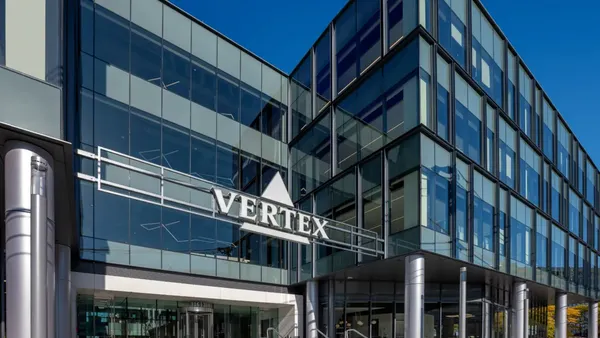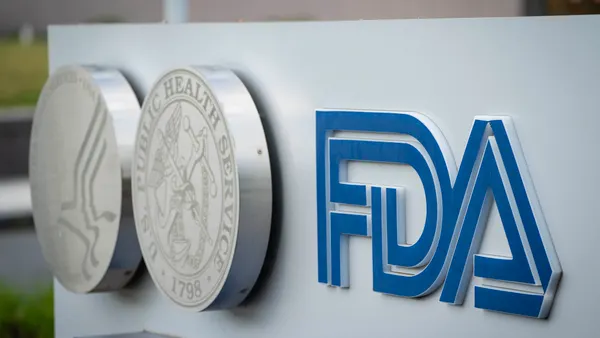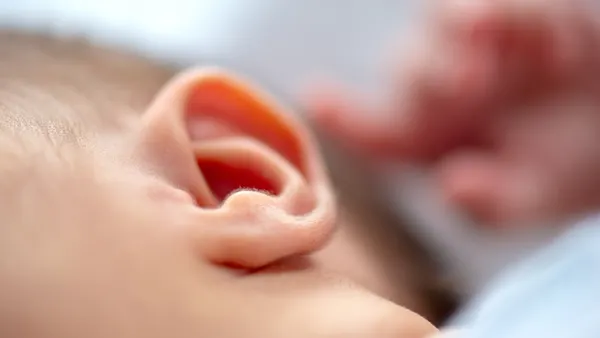Dive Brief:
- Capricor Therapeutics executives came out of a meeting with Food and Drug Administration officials confident that they can reverse a rejection of their experimental cell therapy for Duchenne muscular dystrophy.
- The FDA turned down Capricor’s application for the drug, deramiocel, in July after questioning the research supporting its effectiveness. At the time, Capricor CEO Linda Marbán said the rejection was a surprise and that no major issues had been raised during the review.
- Now, FDA officials are indicating that they will reconsider the application with new data from a clinical trial called Hope-3 that’s already been completed, Capricor said Thursday. That’s important because Capricor won’t have to start all over with a new submission. “This is a giant win for us,” Marbán said during a conference call with analysts. Initial trial results are expected in the middle of the fourth quarter.
Dive Insight:
Capricor is trying to win approval of the first treatment for heart-related complications of Duchenne at a time when FDA leadership is in flux. Several regulators who championed regulatory flexibility have been forced out of the agency. And the new official overseeing gene and cell therapies, Vinay Prasad, was involved in a public spat over another Duchenne therapy, Sarepta’s Elevidys.
Against that backdrop, Capricor’s initial data for deramiocel fell short. The company based its application on a small trial that showed the drug could improve upper limb function and the heart’s ability to pump blood, as well as a historical study of heart function in Duchenne patients.
But Marbán said she sees flexibility going forward, with the agency agreeing to keep the current submission open and consider a label for the drug including both cardiac and skeletal muscle function. “I feel very, very positive about our interactions with the agency right now,” she said.
The Hope-3 trial includes 105 patients taking either deramiocel or placebo every three months. The primary endpoint is a change in upper limb function, with secondary endpoints including changes in cardiac muscle function and structure.
Assuming the results are positive, Capricor will submit them to the FDA. “We remain confident in our ability to advance deramiocel toward potential approval,” Marbán said in the company’s statement.
Capricor emphasized that most of its initial application passed through the FDA review without any significant deficiencies. The company has also addressed manufacturing issues that the agency identified in its denial letter in July.
Shares of Capricor rose about 9% in early trading Thursday. The company’s shares plunged after the FDA’s rejection in July, and the stock had lost more than half its value over the previous six months.














